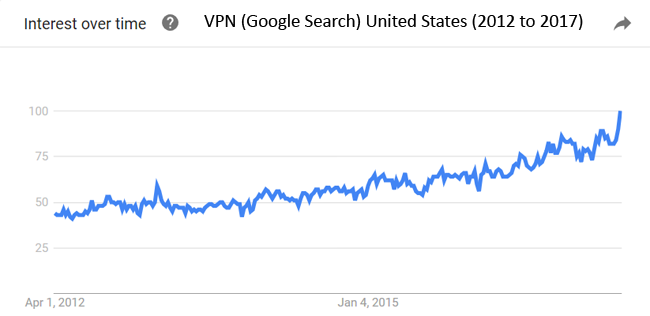Internet privacy and specifically personal information and browsing habits have always been a huge dilemma between the government, the people, ISPs and the telecommunication companies. Each side had a somehow reasonable reason for their opinion about internet privacy. This issue has passed over two major eras; the Obama era and passing on to the Trump era.
Final Days of Obama
During the final days of the Obama administration the Federal Communications Commission had approved the implementation of internet privacy supporting the users and Democrats’ opinion which was that no one should have access to their personal data let alone sell it to online marketers. Democrats and privacy activists have made it clear that they would not vote to make personal information put on the market and sold to the highest bidder. At that time of coarse Democrats were the ruling bodies in the congress. However all this changed with the entry of the Trump administration.
The Trump Era
The congress control shifted from the Democrats to the Republicans whom voted against internet privacy. This vote has created a massive stir among internet users in the US as it will open the door to both hackers and spies which will be a clear threat to national security in addition to compromising personal data of users. This decision seems also unfair to apply regulations over ISP’s use of personal information, yet no regulations whatsoever on other internet companies like “Google” and “Facebook“. The white house announced their support to the Republicans’ opinion which caused an outrage from the privacy advocates and Democrats against the Republicans.
Enter VPN
The voting of the republicans against internet privacy caused a massive rise in the interest of virtual private networks (VPN), in the sense that privacy advocates started seeking alternative methods to protect their online privacy.
Due to the senate ruling, Google search for VPN has risen exponentially as shown below:
VPN (Virtual Private Network) allows users, both individual and corporate, to send and receive data online anonymously and securely without beingtracked by the government or any internet service provider. Basically, a VPN user becomes a ghost while browsing the internet.
It has many advantages; including:securingpersonal and confidential data transaction over the internet.In addition,virtual private networks also secure browsing history and hide a person’s real geographical location which protects users from prying eyes. In other words, “your network your rules”. They will also allow full access to, if not all, most of the blocked websites online due to many restrictions such as geographical locations.
VPN providers argued against the change in the internet privacy law despite their own benefit from it as it is a person’s right to be free and secure on the internet.
Get best VPNs free trials here
Still there are some disadvantages facing internet users who are interested in using VPN services; such as it isn’t always offered for free, but sometimes can be a costly service to acquire.
Conclusion
To sum it up, it’s a scary world out there. Especially that revoking our right to internet privacy can cause our lives to be broadcasted like a live show. Thankfully, VPN services have provided us with a curtain to shut our windows and leave the world outside while browsing the internet.


